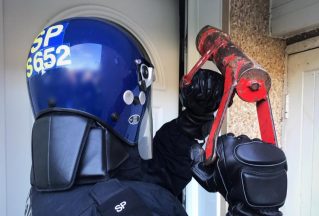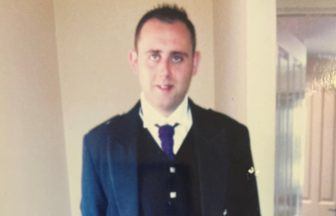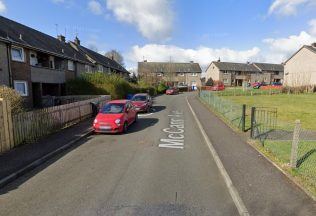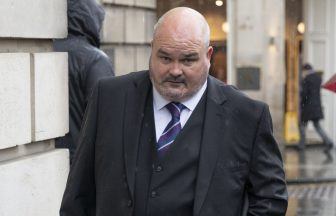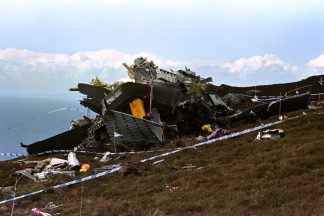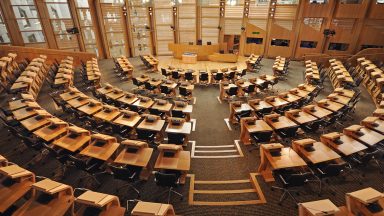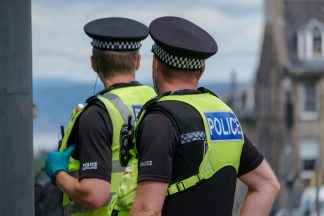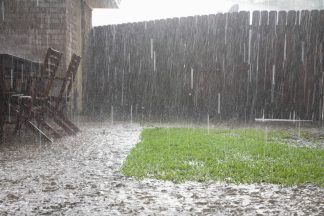Firefighters have raised concerns over proposals for them to treat addicts who have overdosed – as Scotland’s drugs deaths crisis continues to top European rates.
Last year 1339 people died from drugs in Scotland, and a Police Scotland pilot on officers carrying naloxone, which reverses and blocks the effects of opioids were used 40 times in the first four months of a trial.
The future role and responsibilities of firefighters is being considered by the Scottish Government and Scottish Fire and Rescue Service to be “alive to the broader challenges facing our communities and evolve to meet new risks”, while adapting to social change, a framework document said.
Scope for firefighters to respond to emergency medical cases, such as opioid-related incidents, is now being considered with clinical evidence, training needs and welfare of firefighters under discussion.
Chris McGlone, of the Fire Brigades Union, said the service was not a “sticking plaster” to deal with the drug deaths issue which needed addressing urgently.
He said fire crews were not paramedics or ambulance crews, and did not have the authority used by the police.
Mr McGlone said: “My view, and the view of the Fire Brigades Union, is that we are always willing to listen and look at what other areas of activity we can get involved in.
“We are not a sticking plaster.
“The answer to the drug problem is not for firefighters to treat with the consequences of the problem.
“You need to deal with the root of the problem so we don’t have this number of people in drug-induced comas.”
Firefighters last year rejected proposals to take on more responsibility for medical emergencies.
While there was union support for dealing with mass casualty events, such as terrorist incidents and out-of-hospital cardiac arrests, there was unease over a general push towards more medical and social care work, such as responding to trips and falls in the home.
Mr McGlone said: “We were very nervous about over-extending our limit, current knowledge and experience in medical emergency response.
“We are not ambulance drivers, we are not paramedics, we are firefighters.
“It was rejected given the unforeseen areas of medical emergency response.
“From talking to paramedics and police, treating a heroin overdose isn’t just as simple administering this magic bullet.
“They are drug addicts, they want to be in that drug-induced state, and from speaking to others sometimes they are not too happy about being brought out of that state.
“The reaction can be aggressive and violent.
“The police have authority to restrain and arrest people and paramedics have more skills to deal with these sorts of reactions.”
The review of responsibilities at the fire service comes amid a drop in fire call-outs, a rise in false alarms and a rise in non-fire incidents, where support to other public agencies is given.
There were 24,472 fire incidents in 2019/20, a drop of 8.7% on the year before.
The consultation on the new framework for Scottish Fire and Rescue Service is open until December 22.
Follow STV News on WhatsApp
Scan the QR code on your mobile device for all the latest news from around the country


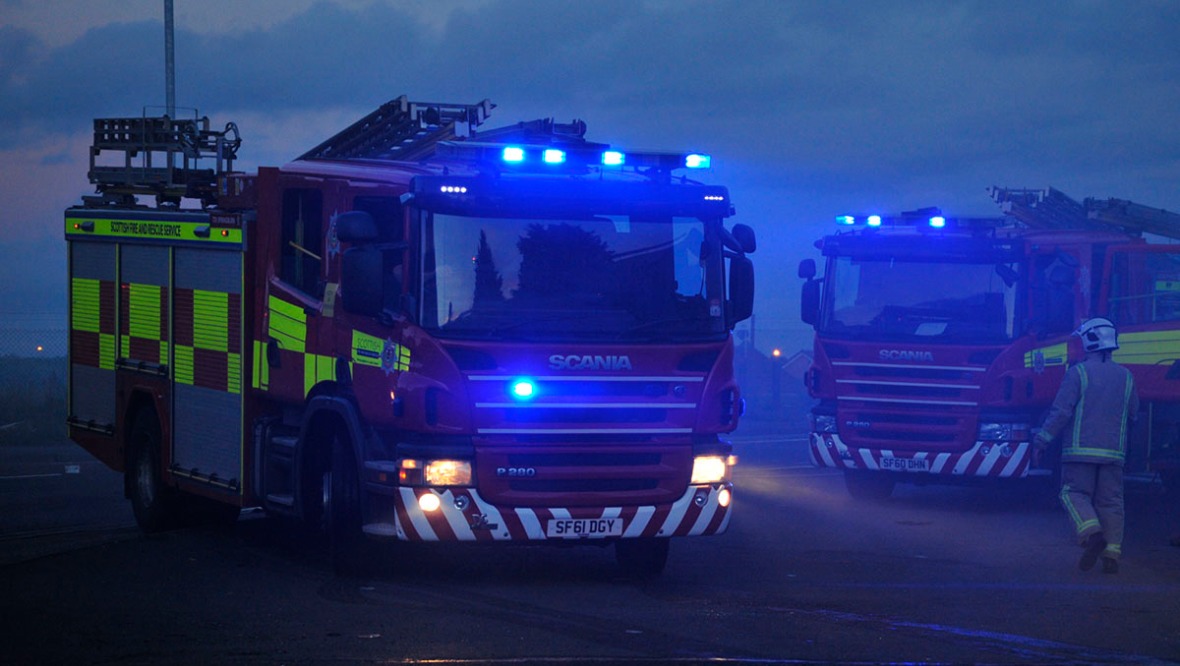 Scottish Fire and Rescue Service
Scottish Fire and Rescue Service